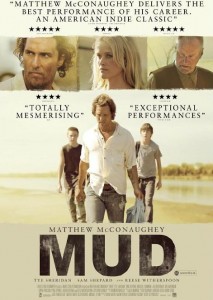Good morning.
We’ll have a sunny day with a high of nineteen today.
For those looking for a new hobby, one reads that America is experiencing a falconry revival:
In 1968, when Lars Sego was eight years old, he decided he wanted to become a falconer. He put a hood and jess on a chicken and let it jump off his arm to catch bugs, and so began an illustrious career in bird training. As a teenager, after finally getting a few falcons of his own, one of the birds he’d raised from a hatchling climbed on top of his head and tried to have sex with it. It was at that moment, while being violated by a bird of prey, that he realized he should start breeding his animals on a larger scale. Today, he runs a New Mexico-based falcon-breeding firm with the no-nonsense title ‘Falcons for Sale.’ They raise only 40 to 60 birds per year, but their animals are so prized by wealthy foreigners that few of them stay in America. Residents from more falcon-friendly countries like the UAE, Qatar, and Saudi Arabia swoop in regularly and pay premiums for birds they’ve reserved years in advance….
His success is the manifestation of a small, unlikely falconry renaissance in America. Although humans have practiced falconry for thousands of years, it never really caught on in the US. Estimates put the number of active falconers in the country somewhere between 3,000 and 5,000 (up from maybe 1,500 in the mid-20th century), whereas in Dubai alone Sego believes there are as many as 20,000. Despite their small numbers, the expertise and care that American falconers put into their craft has propelled them to the forefront of breeding and bird-based innovation. As a result, US birds are in high demand in the world’s more raptorial nations….
On this day in 1936, the Baseball Hall of Fame gets its first five members: “Ty Cobb, Babe Ruth, Honus Wagner, Christy Mathewson and Walter Johnson.”
Here’s Puzzability‘s Wednesday game:
|
This Week’s Game — January 27-31
|
|||||
|
Team Scrimmage
|
|||||
|
Looks like there’s a gain on the play all week. For each day, we started with a word or phrase, added the letters in the name of one of the two teams competing in this year’s Super Bowl (BRONCOS or SEAHAWKS), and rearranged all the letters to get a new word or phrase. Both pieces are described in each day’s clue, with the shorter one first.
|
|||||
|
Example:
|
|||||
|
Ran like crazy; gets clean after playing football
|
|||||
|
Answer:
|
|||||
|
Tore; takes a shower (Seahawks)
|
|||||
|
What to Submit:
|
|||||
|
Submit both pieces, with the shorter one first (as “Tore; takes a shower” in the example), for your answer.
|
|||||
|
Wednesday, January 29
|
|||||
|




